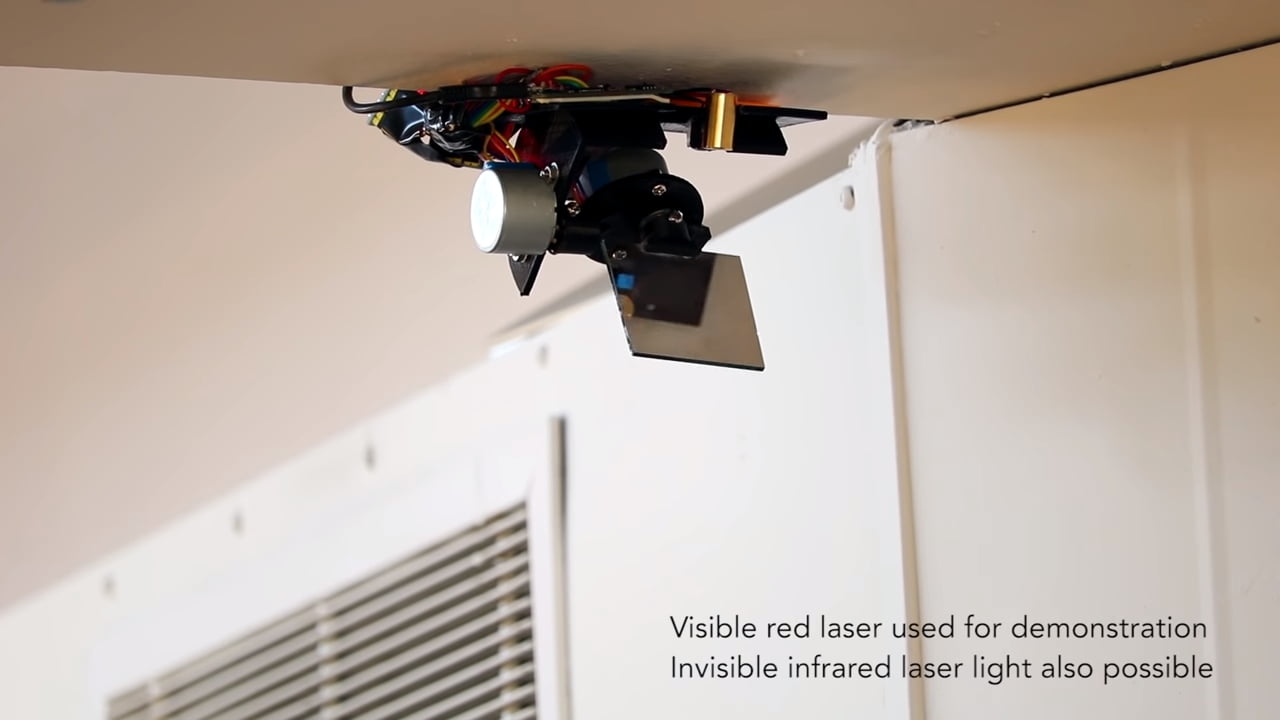Researchers from Carnegie Mellon University have invented a new sensor that uses sound and vibration to become aware of its environment. This technology seemed impossible, just a few years back, but now we can see this marvel in its full form.
This is done to create totally computerized context awareness. The system is known as Ubicoustics. This peripheral will allow smart devices to become more aware of their surroundings.
With the help of this technology, a smart speaker will be able to recognize whether it is sitting atop a kitchen counter or is in the bathroom. Another example is that it could help vehicles recognize whether they are traveling in a tunnel or on the open road.
A researcher at CMU’s Human-Computer Interaction Institute said, “A smart speaker sitting on a kitchen countertop cannot figure out if it is in a kitchen, let alone know what a person is doing in a kitchen.”
He further added, “But if these devices understood what was happening around them, they could be much more helpful.”
The first layer of this peripheral is using sound to create a barrier that will recognize activity. This is achieved in a very captivating manner. A PhD student Geirard Laput said, “The main idea here is to leverage the professional sound-effect libraries typically used in the entertainment industry.”
Geirard further added,
”They are clean, properly labeled, well-segmented and diverse. Plus, we can transform and project them into hundreds of different variations, creating volumes of data perfect for training deep-learning models”.
Geirard believes the true challenge lies in separating various noise sources and preventing them from interacting with each other. Ubicoustics had the same accuracy as a human’s sense, but it still needs refining before it can be used in applications.
Higher sampling rates, better quality microphones, and different modal architectures can theoretically improve results but requires further research.
Also Read: Huawei hits 45 million; ‘Enjoy series’ smartphones in 3 years
Harrison, Laput and another Ph.D. student Yang Zhang describe what they have named Vibrosight as a technique capable of monitoring vibrations in specific locations within a proximity using lasers.
If you think this technology seems right out of a spy novel, you’re right, because it is. This technique was used by Soviet spy organization, the KGB.
The spy agency used to monitor conversations by listening to the vibrations on reflective surfaces such as windows.
The system makes use of low powered sensor, lasers and reflective surfaces to detect if any object has been moved from its original position. This sensor is able to detect many objects simultaneously.
This essentially means a single laser would be able to monitor different objects even if they are spaced apart. The research is still in infancy but it has a lot of potential, especially since the whole world is moving towards AI.



![5 Tech Trends That Will Shape The Way We Learn In [Year] 3 5 Tech Trends That Will Shape The Way We Learn In 2023](../wp-content/uploads/2020/02/img_5F256-220x110.jpeg)
Share Your Thoughts